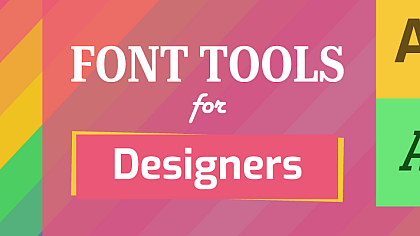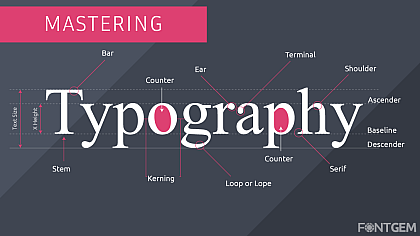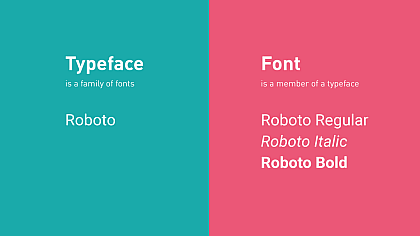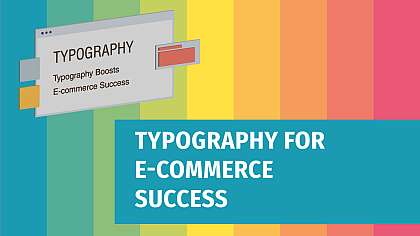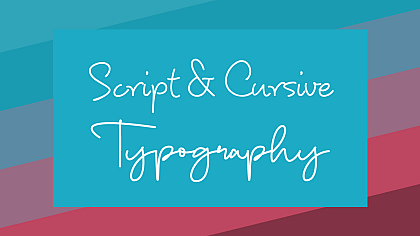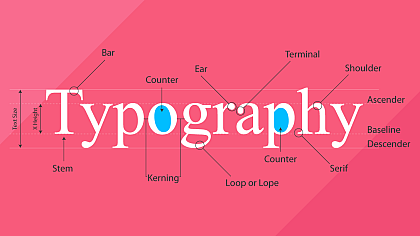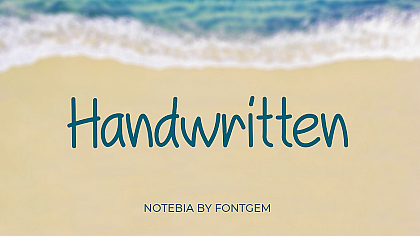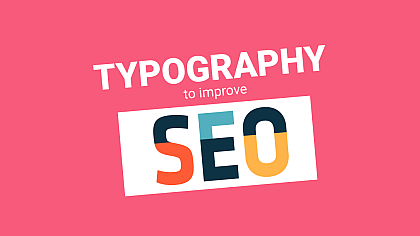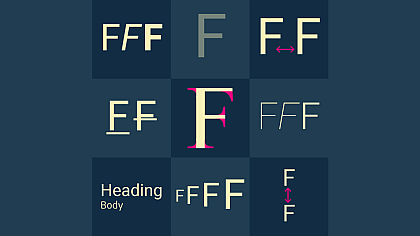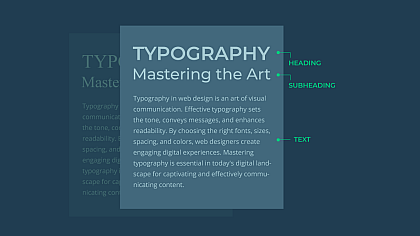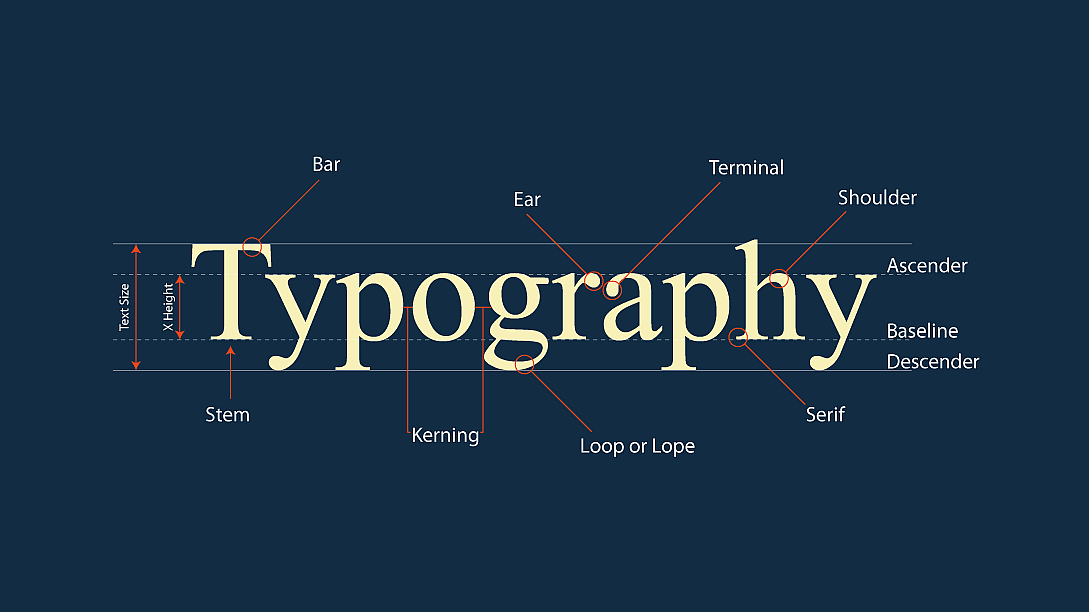
Creating a Consistent Typography Style for Your Blog
When it comes to building a successful and captivating blog, typography plays a significant role in shaping the overall user experience and visual appeal. Consistent typography, in particular, is a crucial element that ties your blog together and creates a cohesive and polished look.
Together, we will look into the importance of consistent typography and provide in-depth tips to help you achieve it for your blog.
The Significance of Consistent Typography
1. Brand Identity: Your blog's typography is an extension of your brand identity. By maintaining consistent fonts, font sizes, and styles, you create a recognizable visual language that strengthens your blog's brand image. When visitors encounter your content across different platforms, they should instantly connect the typography with your brand, fostering brand awareness and trust.
2. Readability: One of the primary purposes of a blog is to convey information effectively. Consistent typography enhances the readability of your content, allowing readers to absorb information with ease. When fonts are legible, well-sized, and properly spaced, readers are more likely to stay engaged and spend more time exploring your blog.
3. Aesthetics: The visual aesthetics of your blog can significantly impact its overall impression. Consistent typography contributes to a harmonious design that pleases the eye and keeps readers coming back for more. A well-designed typographic style elevates your blog's professionalism and credibility.
4. User Experience: A blog with consistent typography offers a more pleasant and user-friendly experience. Users can navigate through your content effortlessly when fonts, sizes, and styles remain uniform. This consistent experience fosters a positive impression of your blog and encourages readers to return.
Detailed Tips for Achieving Consistent Typography
Now, let's explore detailed tips to help you establish and maintain a consistent typography style for your blog:
1. Choose Appropriate Fonts:
Selecting the right fonts is the foundation of consistent typography. Begin by identifying fonts that complement your blog's niche and match its personality. Opt for web-safe fonts that are easily accessible across various devices and browsers. Consider combining a serif and a sans-serif font to add visual interest while ensuring readability. For instance, you might use a classic serif font for headings and a modern sans-serif font for body text.
2. Define Font Sizes and Weights:
Consistency in font sizes and weights is essential to create a coherent typographic hierarchy. Determine font sizes for headings (H1, H2, etc.), subheadings, body text, and other elements like blockquotes and captions. Assign appropriate font weights (e.g., bold, regular, light) to create contrast and emphasize specific elements. Establish a clear hierarchy so that readers can easily distinguish between different levels of information.
3. Mind Your Line Spacing and Letter Spacing:
Proper spacing enhances the legibility and overall aesthetic of your text. Ensure an adequate line height, allowing sufficient breathing space between lines of text. Well-spaced text prevents crowding and improves readability. Similarly, pay attention to letter spacing (tracking) to avoid text that feels too cramped or too loose. A balanced approach to spacing results in a visually pleasing reading experience.
4. Create a Color Palette for Text Elements:
Consistent typography also includes colour selection. Establish a colour palette for your blog's text elements, such as headings, body text, links, and other text-based components. Ensure that the chosen colours align with your blog's overall design and brand identity. Additionally, ensure that the colour contrast between text and background meets accessibility standards to accommodate all users, including those with visual impairments.
5. Establish a Responsive Typography:
With the increasing diversity of devices used to access content, it's crucial to test your typography for responsiveness. Make sure your chosen fonts and sizes display well on different screen sizes and orientations, ensuring a consistent experience across various devices.
6. Maintain a Style Guide:
Document your typographic choices and guidelines in a comprehensive style guide. A style guide serves as a valuable reference for you and anyone else involved in creating content for your blog. It ensures that all contributors adhere to the same typography standards, maintaining consistency throughout your blog.
Consistent typography is a fundamental aspect of creating an engaging and visually appealing blog. By understanding its significance and following the detailed tips provided, you can establish a well-defined typographic style that enhances your blog's brand identity, readability, aesthetics, and overall user experience.
Remember that typography is not just about choosing fonts; it encompasses font sizes, spacing, colours, and responsiveness. By maintaining a cohesive typographic style, your blog will exude professionalism, leaving a lasting impression on your readers and encouraging them to return for more enriching content.

